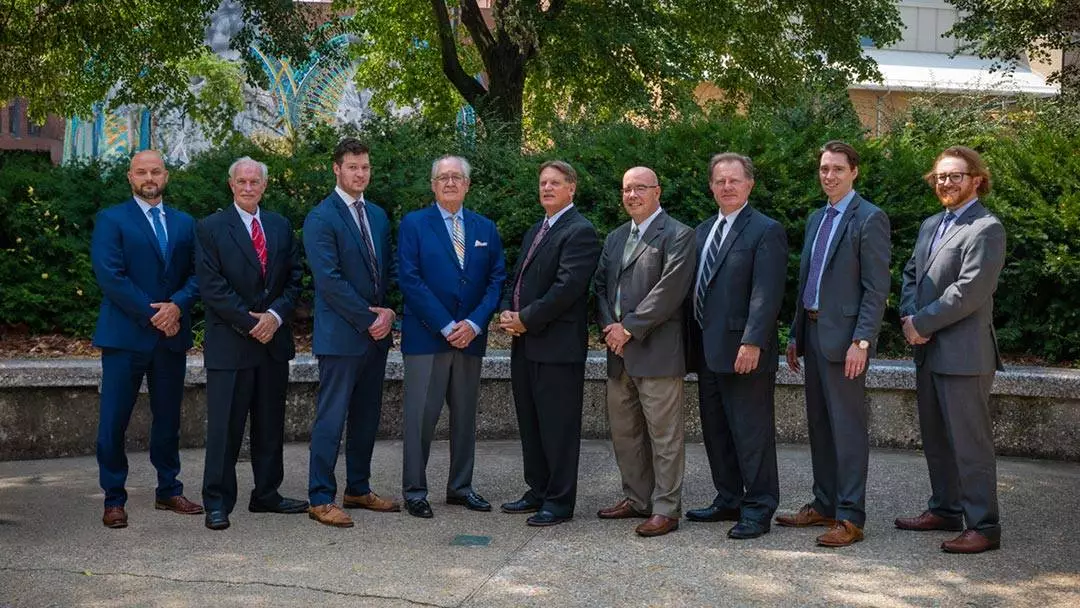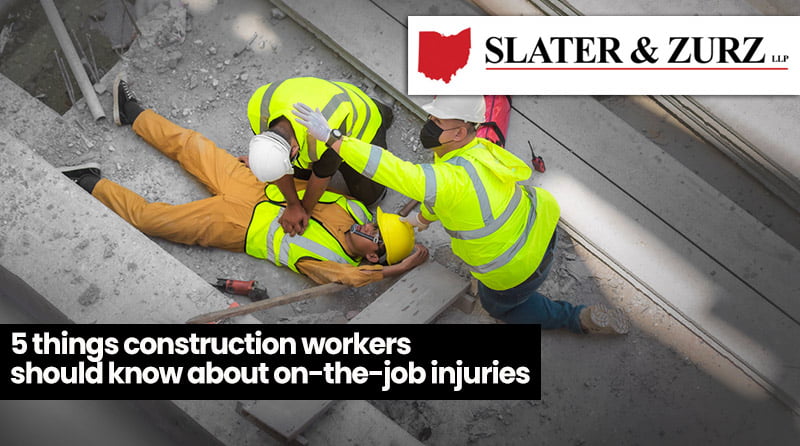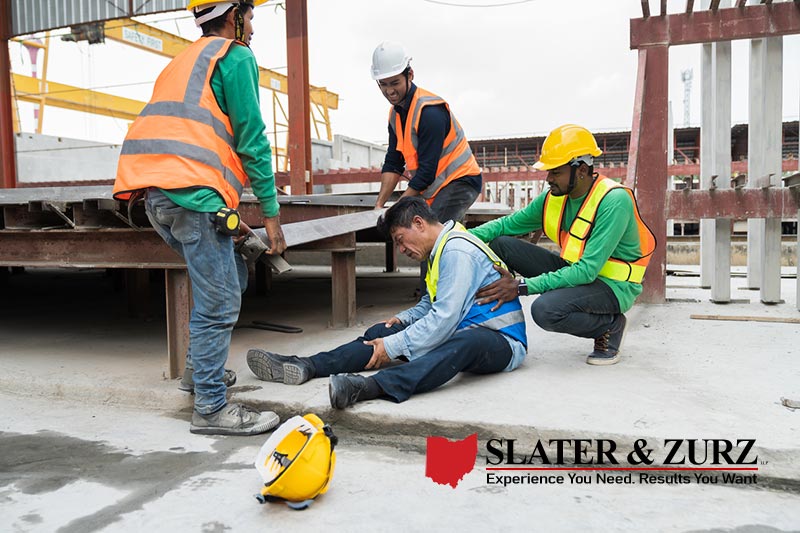In the heart of Ohio, hardworking individuals contribute to the state’s vibrant economy. But when an unexpected injury at work disrupts your life, you might find yourself navigating the complex world of workers’ compensation. If your claim has been denied, don’t despair. This article will guide you through the labyrinth of the Ohio workers’ comp system, helping you unravel the hidden path to your deserved benefits.
Understanding Workers’ Compensation in Ohio
Workers’ compensation is a state-mandated insurance program that provides benefits to employees who suffer job-related injuries or illnesses. It’s a complex system, with rules and regulations that can seem daunting. However, understanding the basics is the first step in navigating this maze.
Why Claims Get Denied
Claims can be denied for a myriad of reasons. Perhaps the injury wasn’t reported in time, or the claim wasn’t filed correctly. Sometimes, the employer disputes the claim, or there’s insufficient evidence that the injury is work-related. Understanding the reason for denial is crucial in determining your next steps.
Late Reporting or Filing
In Ohio, you’re required to report your injury to your employer within 30 days. The claim must be filed within two years. Missing these deadlines can lead to an automatic denial.
Employer Disputes
Sometimes, employers dispute the claim, arguing that the injury didn’t occur at work or during work hours. They might also argue that the injury was pre-existing or not severe enough to warrant compensation.
Insufficient Medical Evidence
A claim can be denied if there’s not enough medical evidence linking the injury to your work. Detailed medical records are crucial in proving the work-related nature of your injury.
The Path to Appeal
If your claim is denied, there’s a path to appeal that, while winding and sometimes steep, can lead to the benefits you deserve.
The Appeals Process
The Ohio workers’ comp appeals process is a multi-tiered system. It starts with the District Hearing Officer (DHO), moves to the Staff Hearing Officer (SHO), and finally to the Labor Commission. Each level requires meticulous preparation and a clear understanding of the laws and procedures.
District Hearing Officer (DHO)
The first level of appeal is a hearing before a DHO. You’ll need to file a Notice of Appeal within 14 days of the denial. The DHO will review the evidence and make a decision.
Staff Hearing Officer (SHO)
If the DHO denies your appeal, you can take your case to the SHO. This is another chance to present your evidence and make your case.
Labor Commission
The Labor Commission is the final level of appeal. This is the last opportunity to overturn the denial. You can take your case to court if the Commission also denies your appeal.
Gathering Essential Evidence
Building a solid case is paramount. Medical records, witness testimonies, and incident documentation can fortify your appeal. Detailed work history and proof of your inability to work due to the injury can also be beneficial.
Medical Records
Detailed medical records are the cornerstone of your case. They should clearly link your injury to your work and detail the extent of your injury and treatment.
Witness Testimonies
If there were witnesses to your injury, their testimonies can be invaluable. They can corroborate your account and provide additional details.
Work History and Documentation
A detailed work history can show a pattern of safe work practices, strengthening your claim. Documentation of the incident, such as accident reports or safety inspections, can also be beneficial.
Enlisting Legal Help
Navigating the appeals process can be daunting. It’s a journey filled with legal jargon, deadlines, and procedures that can be overwhelming for the uninitiated. That’s where legal help comes in.
The Role of a Workers’ Comp Attorney
A workers’ comp attorney can be your guide, advocate, and champion. They understand the system and its pitfalls and can help you build a strong case. They can also represent you at hearings, negotiate on your behalf, and ensure your rights are protected.
Representation at Hearings
Your attorney will represent you at all hearings, presenting your case and advocating on your behalf. They’ll ensure your voice is heard and your rights are protected.
Negotiation and Settlement
If a settlement is possible, your attorney will negotiate on your behalf, striving to secure the best possible outcome for you.
Conclusion: Your Path to Justice
Being denied workers’ comp can feel like a door slamming shut. But remember, it’s not the final verdict. With knowledge, preparation, and the right legal help, you can navigate the appeals process and secure the benefits you rightfully deserve.
Have you been denied workers’ compensation in Ohio? Don’t navigate this complex journey alone. Contact a worker’s compensation attorney at Slater & Zurz today. Our experienced worker’s compensation attorneys are ready to guide you through the appeals process and fight for your deserved benefits. Call us now at (888) 534-4850 for a free consultation. Your path to justice starts here.






